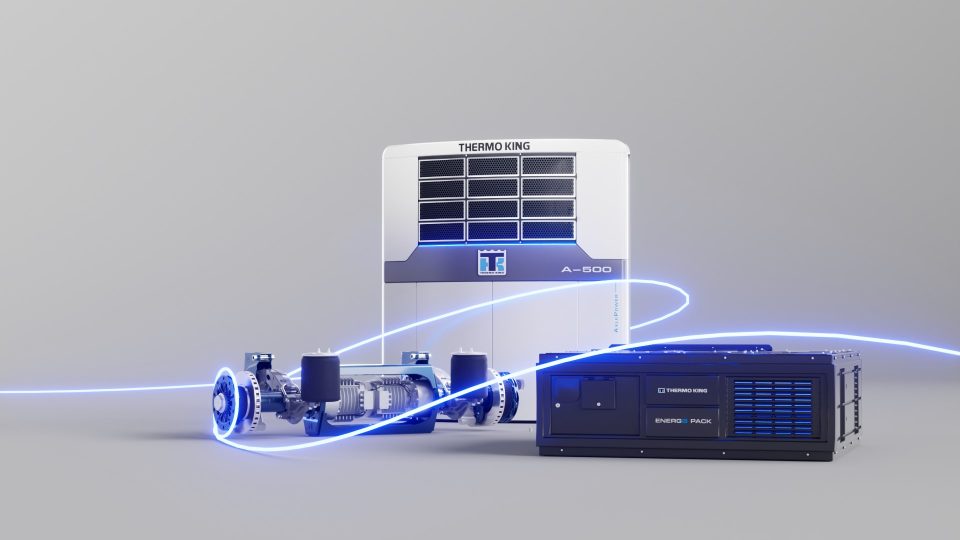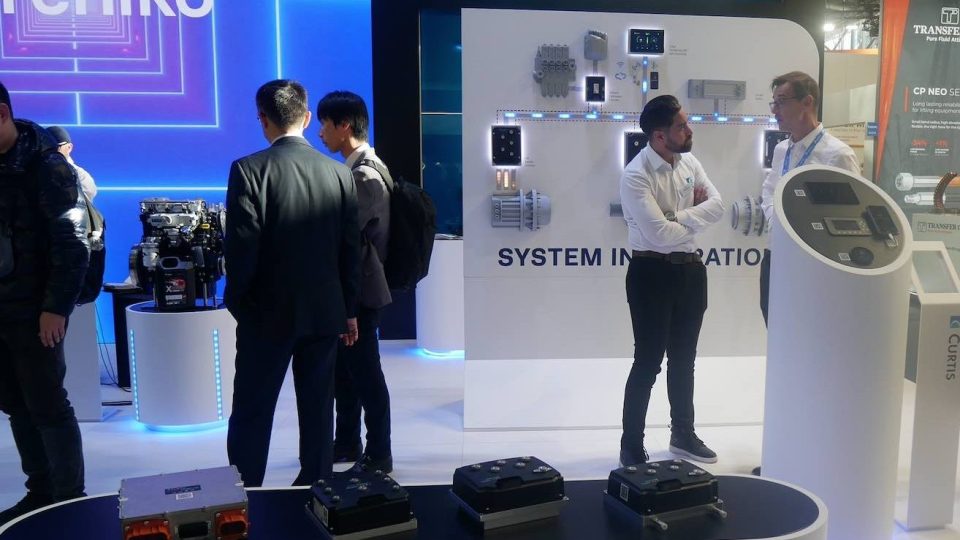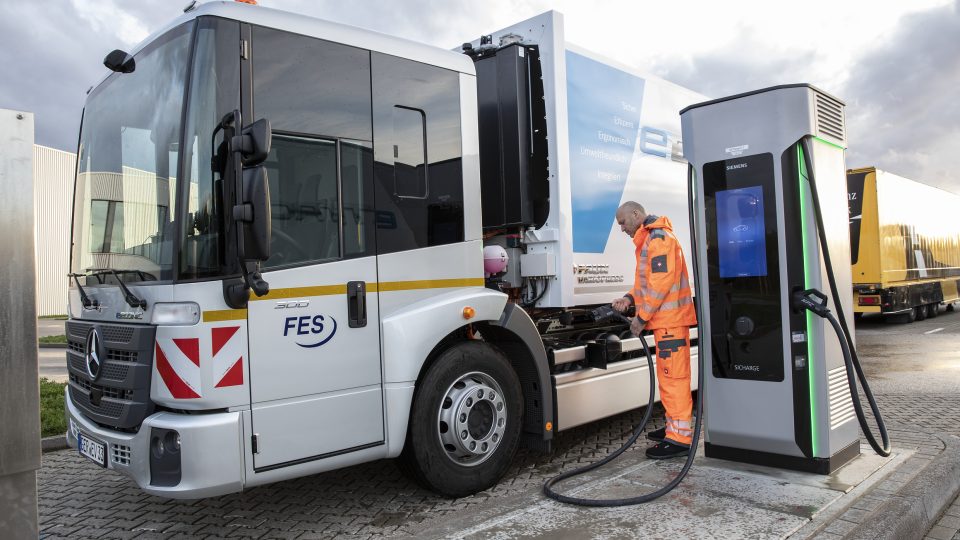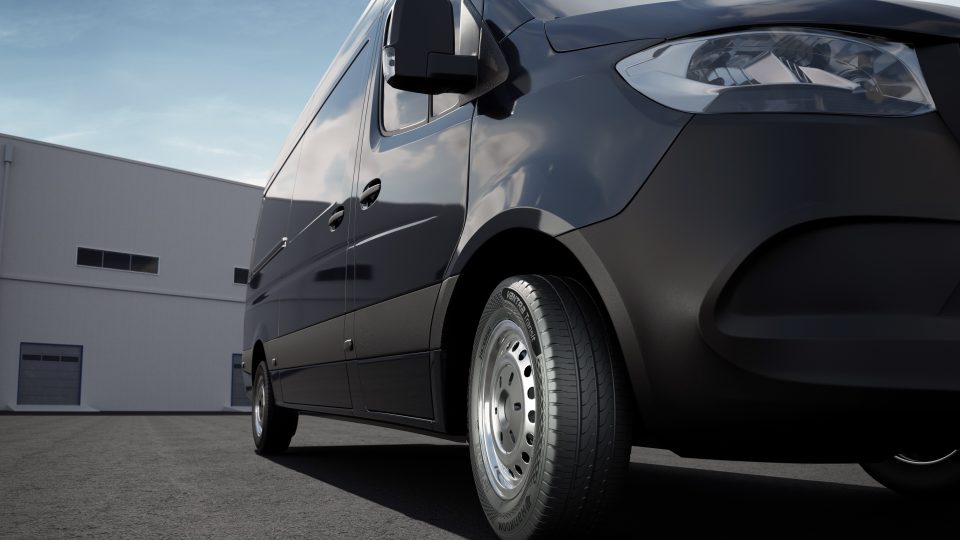The (very small) key to electromobility. Bosch to boost production of silicon carbide chips
In the future, Bosch intends to expand its production capacity for SiC power semiconductors to a unit volume running into the hundreds of million. With this in mind, the company has already started expanding the clean-room space at its Reutlingen plant.
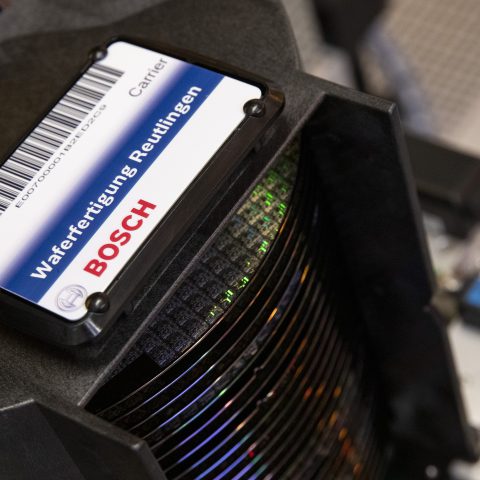
Bosch has been manufacturing silicon carbide chips (SiC) since the beginning of 2021. Starting from December, however, the German group decided to increase volume production of such key components for the future of electromobility, as proven by the current shortage the whole world is facing. «The future for silicon carbide semiconductors is bright. We want to become a global leader in the production of SiC chips for electromobility», commented Harald Kroeger, member of the board of management of Robert Bosch GmbH. Bosch has reaffirmed the importance of creating and promoting a European supply chain for semiconductors, in order to rely on a virtuous industrial environment on a European level.
Bosch and the second generation of silicon carbide chips
In the future, Bosch intends to expand its production capacity for SiC power semiconductors to a unit volume running into the hundreds of million. With this in mind, the company has already started expanding the clean-room space at its Reutlingen plant. In parallel, work is also being done on the second generation of SiC chips, which will be even more efficient and should be ready for volume production as of 2022. Bosch is receiving support for the development of these innovative manufacturing processes for SiC semiconductors from the German Federal Ministry for Economic Affairs and Energy (BMWi) as part of the ‘Important Project of Common European Interest (IPCEI) Microelectronics’ program.
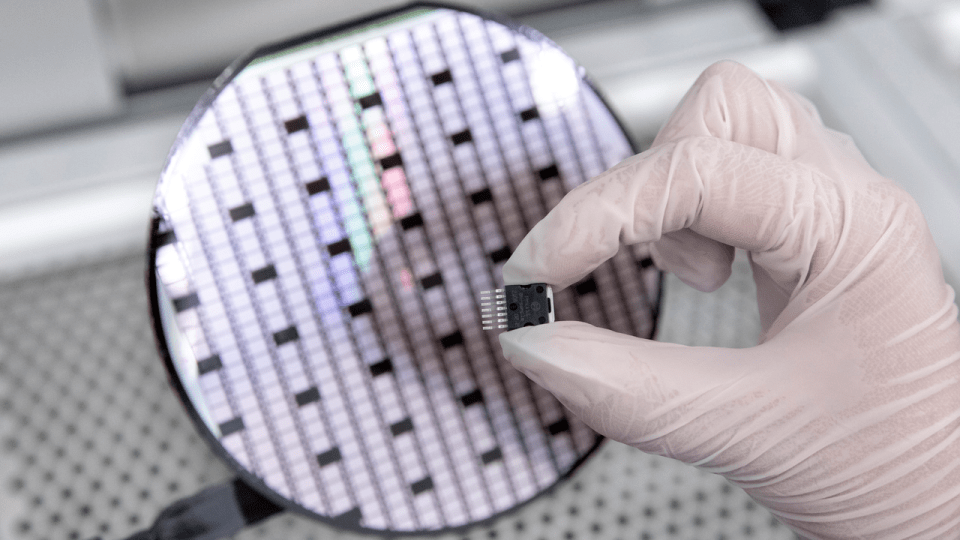
«Silicon carbide power semiconductors make particularly efficient use of energy. This material’s advantages really come to the fore in energy-intensive applications such as electromobility», added Mr Kroeger. In the power electronics of electric vehicles, silicon carbide chips ensure that drivers can drive significantly further on one battery charge – on average around 6 percent further than with their pure silicon counterparts. In order to meet steadily increasing demand for these semiconductors, an extra 1,000 square meters were already added to the clean-room space at the Bosch wafer fab in Reutlingen in 2021. Another 3,000 square meters will be added by the end of 2023.
In the future, Bosch plans to manufacture the semiconductors on 200-millimeter wafers. Compared with today’s 150-millimeter wafers, this will deliver sizeable economies of scale.










